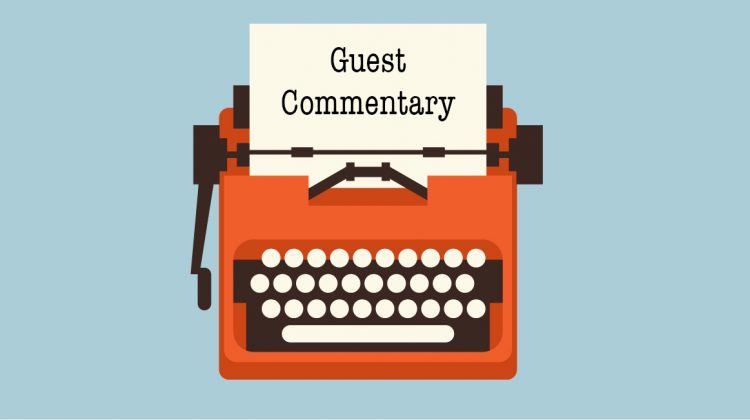Jim Walsh
Some leaders dream of finding common ground which seems, at first, to be a good thing.have different dreams. But then there are those find common ground in very strange ways. What is common to them looks uncommonly strange to others, especially in the 21st century.
In recent years it has become clear that Vladimir Putin feels an affinity for Catherine the Great who, in the 18th century seized Crimea and Ukraine and was the grandmother of Alexander I who declared himself “Emperor of Russia, King of Poland and Grand Duke of Finland.” In the 19th century, those living in the area around Kiev were referred to as “Little Russians.” In that time, great writers—Nikolai Gogol chief among them—were torn by questions of national and ethnic identity. Were they “Russians” or were they “Ukrainians.” In the 19th century, of course, all were children of Mother Russia with Alexander, clearly, The Father.
Vladimir Putin wants to take the role of Russia’s Father once again, even though Ukraine—and Poland and Finland—have left that family and established national nests of their own.
This week Donald Trump announced his goal to pull Canada into the United States and then move on Greenland and Panama, possibly with military force. One wonders if, in their little side conversations at international gatherings, where no notes were allowed, Putin suggested to Trump that HE become “Emperor of North America, King of Greenland, and the Grand Duke of Panama.”
Putin has defended his invasion of Ukraine because , well..it’s his and, in addition, The West was becoming a threat to Russia by expanding NATO.
In fact, NATO is a defensive alliance created as a result of the Soviet Union’s clear aggression throughout Europe after World War II. The line was crossed with Stalin’s expansionist subversions in Italy and Greece. Other European countries felt legitimately threatened and the formation of a defensive alliance was a reasonable and ultimately successful response. No state was forced to join and since its creation not one of them has been invaded by Russia. This includeds original members like Britain, France, Italy and Germany and those who quickly sought membership after the breakup of the Soviet Union, like Poland, Hungary and the three Baltic states.
Since NATO was formed in April of 1949, there has been peace in Western Europe and North America.
Sweden and Finland held out till the last moment, but, with Putin’s invasion of Ukraine, it left them no choice but to join…voluntarily, and neither King nor Duke would rule over them. But, it did not mean that they, with their new allies, sought to invade Russia.
In the 20th Century, Russian imperial power had been systemically reduced, first by the Communist revolution in 1917 and then by Russia’s failed alliance with Nazi Germany and their joint invasion of Poland in September of 1939. Quickly switching sides, Stalin then joined with TheWest against the Nazis and took Eastern Europe by force of arms. Ultimately, Stalin’s new USSR collapsed,and Eastern Europe was released from its talons. But before that, the Hungarian resistance in 1956, the Prague Spring of 1968, and the Polish Solidarity movement, were all defined as western plots and “threatening” to Russia.
With 1991 came the emergence of free, sovereign, independent states in Eastern Europe with the capacity to defend themselves from historically cruel Russian domination. This was not viewed favorably by Vladimir Putin.
But the current “threat” is not to Russian national security. The real threat is the resurgent desire for empire, dominance, status, and power in Putin’s Russia.
NATO does not and never had a desire or intention to invade Russia. Its purpose was and is to prevent Russia from invading others. And it’s worked.
When Russia invaded Ukraine in 2014, the West was caught by surprise. Its response was weak. In 2022, knowing how dangerous the situation was, President Biden took immediate, prudent, and measured steps. First, he negotiated with our NATO partners and then moved cautiously, perhaps too cautiously, so as not to trigger an even bigger conflict. We avoided reckless action, but our basic premise was true and correct. A dangerous and disruptive precedent would be set if we did not respond and the Russian invasion was a success.
Should we have simply instructed Ukrainians to meekly put themselves under the Russian boot?
In 1938 Neville Chamberlain returned from Munich having handed the Sudetenland, part of Czechoslovakia, to Hitler. Hitler said it was his. It was part of Greater Germany and German speaking people there were being treated cruelly by those Czechs. It was so unfair. At the airport in London Chamberlain called the conflict between Nazi Germany and Czechoslovakia a “quarrel in a far away country.” Who are they to us?
Two years later, the Nazis were bombing that airport, World War II had begun, and millions were to die.
So, here we are in the 21st Century. As Putin claims that Ukraine is his and Trump suggests that he can end the conflict in a day, the circumstances are eerily similar.
At this dark and dangerous time, it is almost unbelievable that Trump is now blathering about Greenland and Panama. Where could this madness have come from? Who might have suggested that Donald Trump could fulfill his destiny and become “Emperor of North America, King of Greenland and Duke of Panama?”
Are we entering a world made safe for Autocracy? It doesn’t look good.
Jim Walsh is a Nahant resident.

